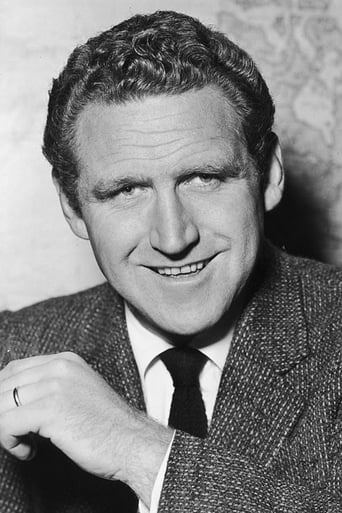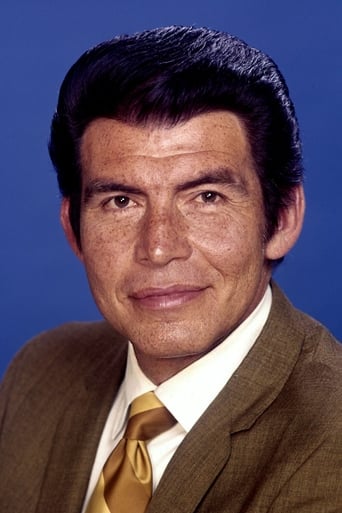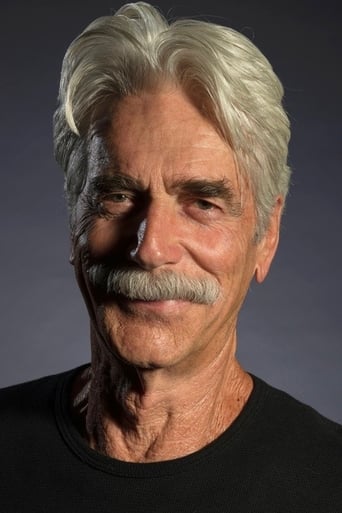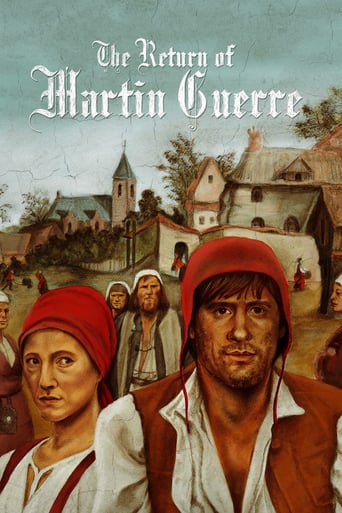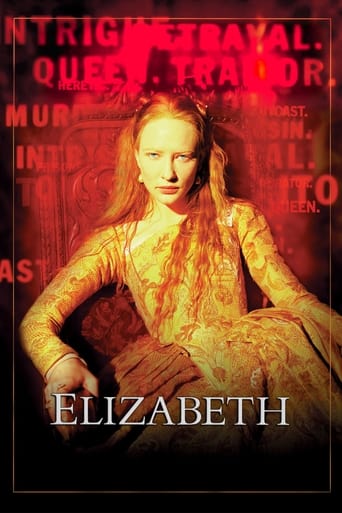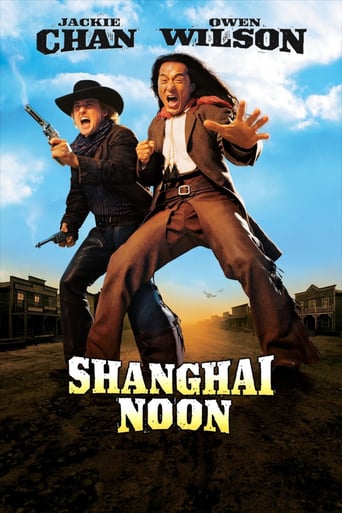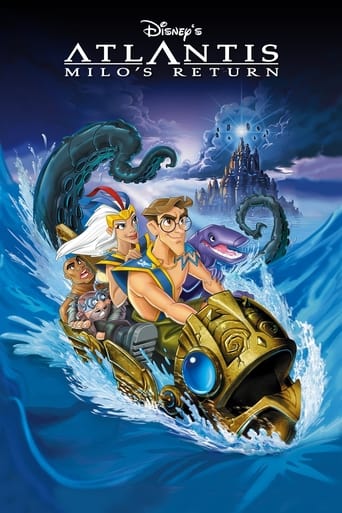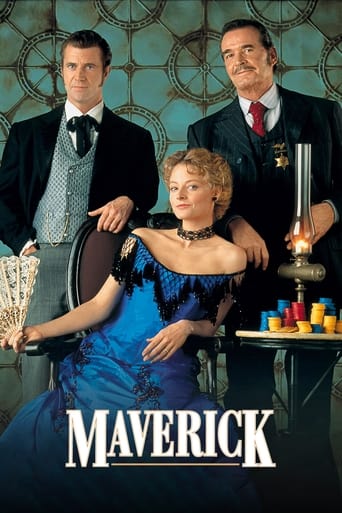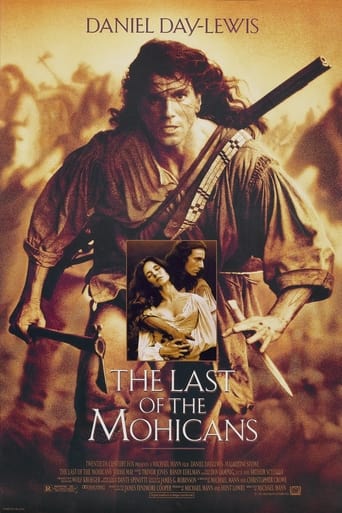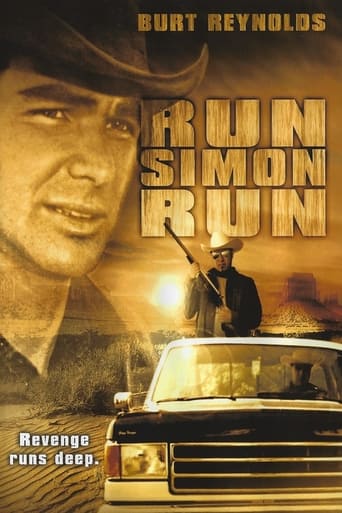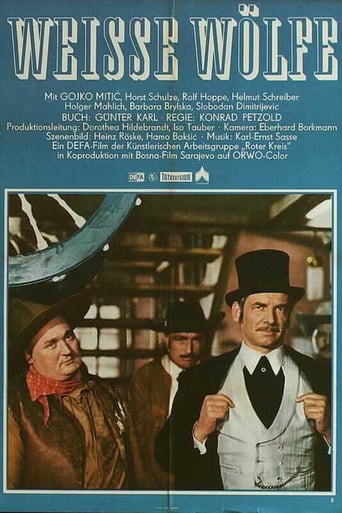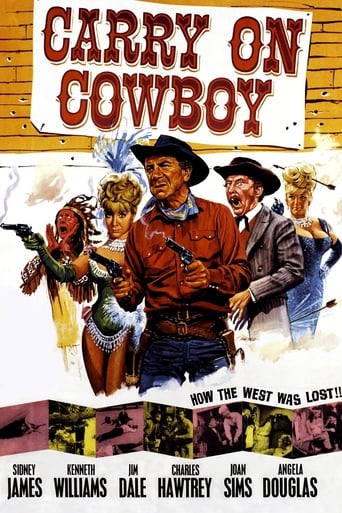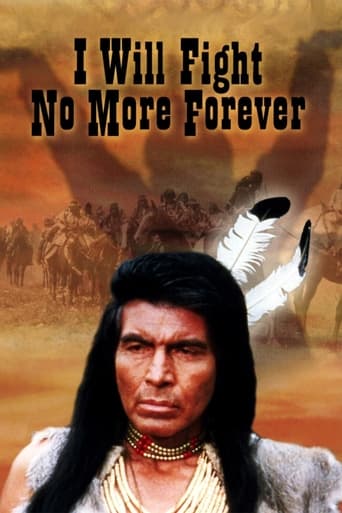
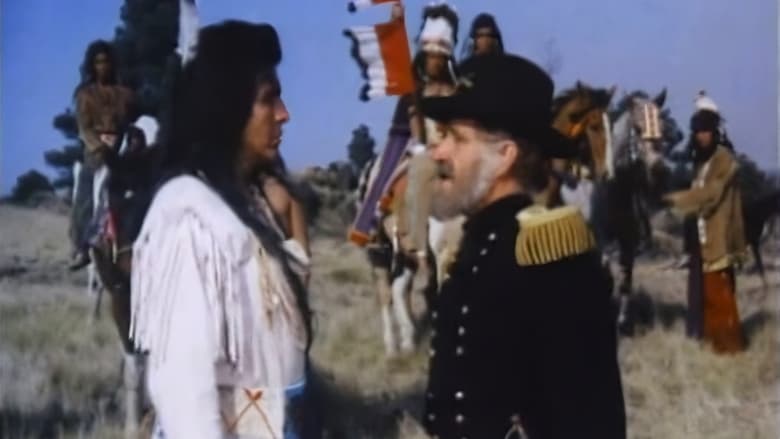
I Will Fight No More Forever (1975)
Pursued by 2,000 US soldiers and cavalry, Chief Joseph leads his tribe of 800 Nez Perce on a 1,700 mile journey across the West and towards Canada. Based on the true story of the westward expansion of the United States and the military force used to displace Native Americans from their lands.
Watch Trailer
Cast


Similar titles
Reviews
That was an excellent one.
So much average
Fresh and Exciting
This film is so real. It treats its characters with so much care and sensitivity.
Having just purchased a home in the general area of Big Hole, I found myself becoming interested with this piece of American history. I've seen the documentary at the Big Hole State Park, read some of the different publications and as of now, I've seen this movie.Obviously the "Hollywood" production falls flat compared to facts and figures. However, I did find that this movie makes it's best effort to depict actual events and timing. I also think that considering the times (1975) that this effort is well worth watching. I'm no 70's movie buff but the effects and dialogue more than met my expectations. I think at the very least, this movie would hopefully motivate others to research the specific plight of this group of native Americans.At minimum, the Nez Perce fought 10+ battles while being chased by about 10 U.S. divisions and all this with only around 100 warriors. They traveled 1300+ miles in about 108 days (over 12 miles per day) before chief Joseph's famous speech. This also marked the last of the big battles between the U.S. government and the Indian tribes.
The picture is an epic portrait of the historic story about celebrated Chief Joseph (Ned Romero) and his legendary feat leading the Ned Perce tribe on a trek to Canada . Meanwhile , he squares off US cavalry commanded by General Howard (James Withmore and attended by his captain played by Sam Eliott) who leads his army on a wild chase across the plains and mountains in this saga of the old west . Joseph refuses to surrender in this chronicle of a bitter fight between the Ned Perce tribe and the US cavalry in the struggle for the west . The film displays action Western , shootouts , drama and spectacular battles . It's a thoughtful piece for its time that had an original tragic ending . The motion picture was brilliantly directed by Richard T. Heffron . This powerful TV movie will appeal to Indian Western fans.The movie was correctly based on real events . Thus , Chief Joseph (1832-1904) became a skilled military leader ,he won 18 battles in the 1877 war,then led the retreat to Canada,before surrendering. The reality happened when Ned Percé ceded a large part of their territory to the U.S. by treaty and settled on lands in Oregon and Idaho.Joseph's people occupied the ancestral lands of the fertile Wallowa Valley in Oregon.When gold was discovered in Nez Percé county,government agents proposed a new treaty which would remove Joseph's people from their Valley to a reservation in Idaho.He wanted no part of the treaty but in the summer of 1877 General Howard delivered an ultimatum that all must leave the Wallowa within thirty days or be forcibly removed by the cavalry.The Ned Percé tribe has always been friendly with the white men but when the situation developed into armed conflict between his warriors and the soldiers,he decided to fight.After defeating a column sent after them and bringing an angry Howard into the field with a big force, he decided refuge in Canada,as Sitting Bull had done after defeating Custer at the Little Big Horn(1876).So began the epic flight , a fighting march of 1300 miles across US,engaging separate commands of the Army all the way.On 5 October 1877 Joseph and his surviving people were surrounded by fresh troops about thirty miles from the Canadian border.The Indians were exhausted,starving and cold and Joseph surrendered to generals Howard and Miles,delivering his classic speech of the defeated Indian.The Ned Percé were sent to reservation in the Indian territory,now Oklahoma.In 1885 the great chief was sent to Colville reservation in Washington,where he died in 1904,still an exile from his beloved Wallowa Valley.
The story itself is powerful and engrossing on its own merits. The Nez Perce who had signed a treaty with the government to inhabit the Oregon River Valley were given an ultimatum by the US government in 1877 voiding that treaty. They had four days to decide whether to move or fight. General Howard -- after whom Howard University is named -- went to Congress personally to fight against this injustice, but in the end, as a general, felt compelled to execute his orders, even though he knew them to be unjust. He hates doing this because he considers Joseph a great Chief and a friend; his wife even made a doll for Joseph's expectant wife. Meanwhile, bitter at the sting of more injustices but resigned to reality, Chief Joseph (a breathtakingly great performance by Ned Romero) decides that it is in the best interests of the tribe to acquiese. But a civilian volunteer shoots and kills two of the Nez Perce delegation under a flag of truce, and the tribe fights for its survival. Now, even though General Howard (sympathetically portrayed by James Whitmore) knows the Army's volunteers fired first, he is compelled to attack the Nez Perce to attempt to round them up to the reservation. Too late. The Nez Perce have already left, attempting to find freedom, eventually trying to cross the Canadian border, while every step of the way, the Army tries to hunt them down and capture Chief Joseph. The movie, wisely, maintains its focus on the this journey and struggle. Gallantly, the tribe scales impossible terrain. Joseph frustrates the Army with false trails, games of cat-and-mouse, and resisting revenge. As the frustration wears on and the newspapers catch wind of the story, General Howard's life becomes a living hell. What was supposed to have been a two-week maneuver has been become a five-month campaign with hundreds of soldiers and Indians killed in the process. The General gets moral support from Colonel Miles (portrayed by Sam Elliott perhaps just a little bit too earnestly and emphatically); he speaks Nez Perce and Sioux and is disgusted by his government's lack of morals. His character will get on the nerve of those viewers who dislike "preachy" films. Every thing else feels amazingly authentic. The tribal counsels and increasing weariness as the struggles continue are vividly and unforgettably portrayed by a mostly Native American cast. The score and cinematography are quite gripping. Some of the technical support and cuts however do reflect the film's made-for-TV roots. This is one of the best historical movies I have ever seen, made-for-TV, or otherwise. I strongly recommend it to all readers of this review.
This movie is one of my favorites because Chief Joseph is one of my favorite men in history. Here was a man possessed with great intelligence and character. He led his people and suffered great loss. This film shows the inhumanity of man to his fellow man and how one truly great man can rise the the occasion of greatness in the middle of great danger. An excellent film to watch.


